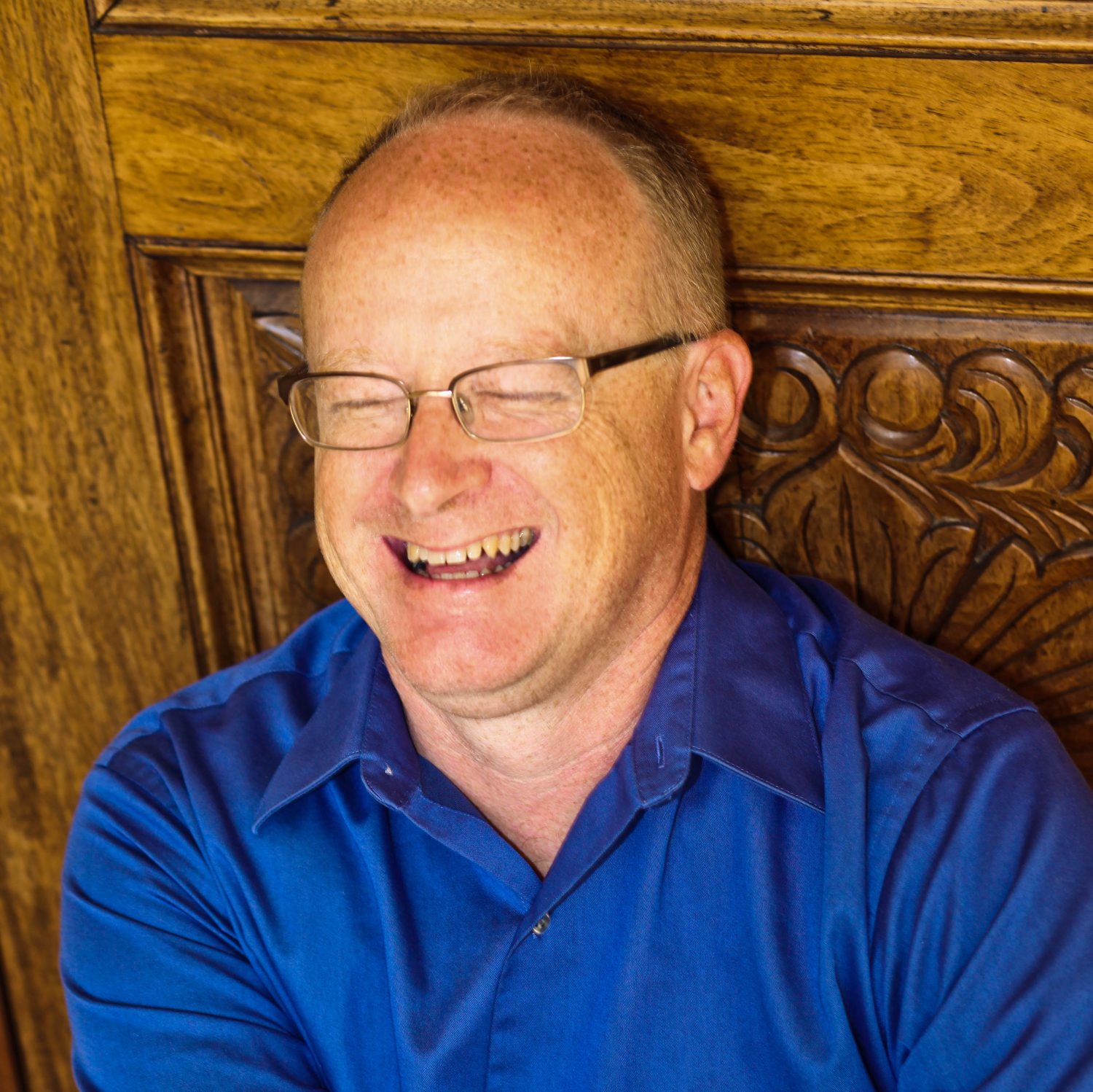Sometimes when I’m goofing with my two dogs, Baxter and Taffy, God will snap his fingers, hold his hand over my nose, and tell me to “Sit. Stay. Listen.” And when I do, I learn valuable lessons.
Almost every morning I have the same breakfast—two slices of peanut butter toast. I love peanut butter. At one point in my (much younger) life, I was going to marry peanut butter. My siblings still make fun of me for this—I do not care.
However, during the year I was working from home as a freelance editor, every morning Baxter and Taffy would come and sit attentively near the table, convinced I would either give them some toast or drop a bite accidentally. Their faith in my generosity (or sloppiness) never wavered.
- Lesson 1: Faith looks a lot like perseverance. If I would sit at God’s feet every morning and believe He’s going to give me something good—even if he hasn’t for a while—then I’m right where I need to be just in case he does. This lesson also applies to prayer requests.
Eventually, the dogs’ faithful attentiveness prompted me—not out of guilt, but out of a desire to share with my faithful companions—to reward their faith with one bite of crust each from both pieces of toast. Every morning.
- Lesson 2: God does not share his bounty with me (not defined as anything related to money) because I beg, but because I am his child and he loves me.
The first time I offered the dogs their pieces of crust, Taffy came to me immediately, without question, and took the bite from my hand. Baxter held back. He looked at what I offered, sniffed it, and finally took it from my hand, hesitantly, as if he expected me to take it back.
Let me be clear. I am a softhearted man. I have never given my dogs reason to fear me or to wonder if the good I give them will be taken away. We have had Baxter five years and Taffy eight. They know what to expect.
So, they are not reacting to me with trust or hesitation. It is their nature. It’s the way they were made. One trusts completely and has since Day 1. One holds back, assessing and analyzing, and has since Day 1.
(Insert photo of Baxter)
- Lesson 3: If I immediately take up God’s blessings and run with them in joy—or if I hesitate to accept the good things he has for me, it is not a reflection on God. It is the way I am. The way I was created. My nature.
Yes, I can (with God’s help) change my nature somewhat. For instance, I can train myself not to lie. But my nature—my default position, if you will—is what it is. Without the sacrifice of Christ, and the ministry of the Holy Spirit, I would remain largely unchanged until the day I die.
“What do these lessons mean to me, as a writer?” I wondered one day as God held his hand over my nose.
- My characters don’t have to show a strong, unwavering faith. Few people are gifted with that. But, when they face doubts and have questions, perseverance—moving forward from the last place they heard God—is a form of faith. Taking action based on what they know to be true of God is faith, even if he is silent.
- Regardless of how much my characters pray for a certain outcome, God is under no obligation to provide it. I do not have to give my dogs crusts—I could give them carrots instead, or nothing. Our prayers do not obligate God; our prayers bring us into alignment with his will.
This one may be controversial, but I think it’s true.
- My characters should not change by leaps and bounds, but by small incremental, sometimes nearly invisible, steps. Each one’s basic nature is their basic nature.
Can God do deathbed conversions of atheists? Of course. But the more likely outcome is that a lifelong, militant atheist will go to his or her death an atheist. Can an abusive husband experience a turnaround, repent, and abuse no more? Certainly, but the more likely—the more realistic—outcome is that he won’t. People who have been abused or know someone who has been abused recognize this truth.
Redemption is still redemption even in (and sometimes especially in) those smaller life changes that pull our characters not in a new direction, but just slightly off the course they were on. Even a tiny course correction, over time, will significantly alter a character’s destination.
Resist tying up all the loose ends and ending your books with everyone happy and in harmony with God. The Word tells us the world won’t end that way. Why should our books?
Your turn: What writing lessons have you learned from your pets?
 Michael Ehret loves to play with words and as the editor of CHEFS Mix Blog for CHEFS Catalog he is enjoying his playground. Previous playgrounds include being the Managing Editor of the magazine ACFW Journal and the ezine Afictionado for seven years. He also plays with words as a freelance editor and has edited several nonfiction books, proofedited for Abingdon Press, worked in corporate communications, and reported for The Indianapolis Star.
Michael Ehret loves to play with words and as the editor of CHEFS Mix Blog for CHEFS Catalog he is enjoying his playground. Previous playgrounds include being the Managing Editor of the magazine ACFW Journal and the ezine Afictionado for seven years. He also plays with words as a freelance editor and has edited several nonfiction books, proofedited for Abingdon Press, worked in corporate communications, and reported for The Indianapolis Star.
Originally posted on Novel Rocket






















